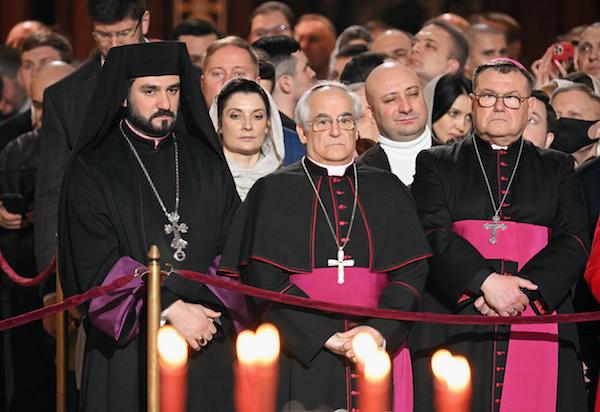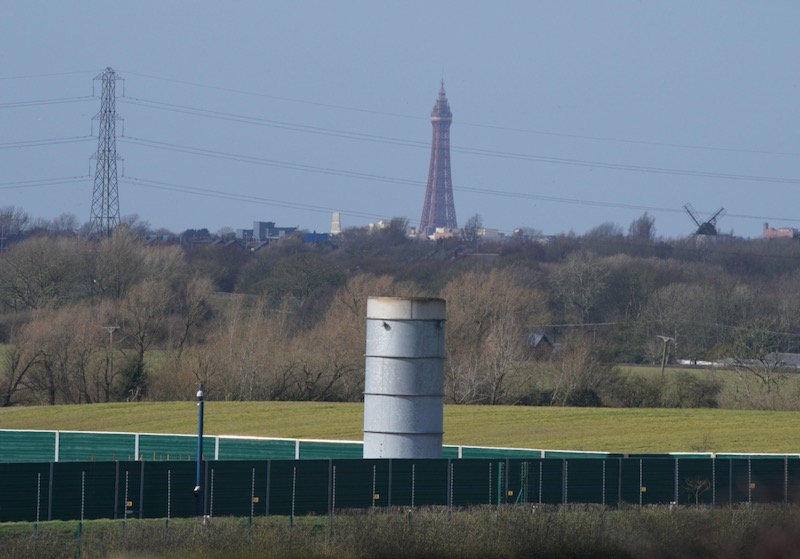The lead bishop on environmental issues for the Catholic Church in England and Wales has called on the UK government to rethink lifting the ban on fracking.
Speaking on BBC Radio Lancashire, after the Business and Energy Secretary, Jacob Rees-Mogg, announced the end of a ban in place since 2019, Bishop John Arnold of Salford said the decision to restart “dangerous” fracking was “remarkable” when the process was “clearly a threat to the local population, their property and their wellbeing”. He added: “It seems to me a very short-term look at a solution on energy.”
Fracking is the process of drilling into the earth and directing a high-pressure mixture of water, sand and chemicals at a rock layer to release the gas inside. The ban followed a series of earth tremors at a fracking site near Blackpool. Stephen Garsed, lead in Lancaster Diocese environmental justice group, supported Bishop Arnold’s stance, saying local people were “very concerned and outraged”.
Bishop Arnold’s comments followed a letter sent by nearly 40 Laudato Si Animators to Rees-Mogg questioning his policy on oil and gas. Rees-Mogg has told the House of Commons it was “important” to use all available sources of fuel within the UK rather than import them.
“The idea of fracking producing the sort of energy needs we have is nonsense,” Bishop Arnold said. “We've got to be looking to renewables.”
Bishop Arnold told The Tablet this week: “It is disappointing that the Government should be considering a resumption of fracking when there is ample evidence that we should not be increasing any fossil fuel usage, particularly when there is such evidence of danger to property and lives, as in the case of fracking.” Shale gas is a fossil fuel that contributes to global warming.
When asked to comment on the news that King Charles will not attend Cop27 in Egypt next month, although he had attended the Cop26 United Nations Climate Conference in Glasgow last November, Bishop Arnold said: “The reasons for the prime minister advising King Charles to withdraw from the Conference have not been given.” However, he added: “I think his presence at Cop27, given his years of campaigning about the environment and climate change, would have been beneficial and added weight to the urgency for making radical decisions to reverse the damage being done to our common home.”
Meanwhile, the Ecumenical Council for Corporate Responsibility (ECCR) has launched a campaign to tackle banks which continue to finance plastic producers and polluters. It says that between 2015 and 2019 the world’s biggest banks, including Barclays and HSBC, provided the equivalent of $790 million per day in finance to companies involved in the global plastics supply chain. Individuals and churches are being invited to sign a “plastic pledge” and then contact their own banks. Template letters are provided.
ECCR suggests that many homes and churches have taken consumer action and cut down on single-use plastic packaging which disrupts the environment. However, it is now felt to be important to tackle the financing of plastics’ production and distribution.



 Loading ...
Loading ...